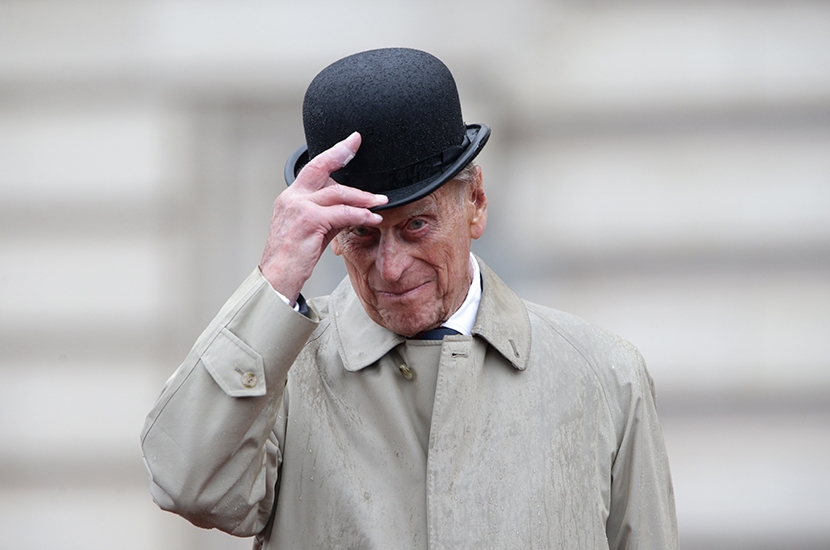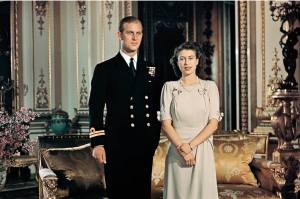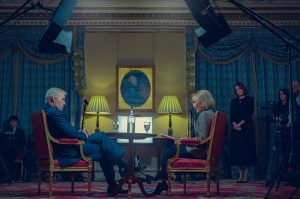The reason why Greeks and Romans would have found it difficult to eulogize the Duke of Edinburgh was that he did not hold the supreme office: his wife did. This disturbance to the ‘natural’ order of things made the Duke an anomaly. Had he not been, handbooks on the topic would have extolled him as follows.
His parents would be noble, of a splendid race and ancestry, and his place of birth a distinguished one. Omens would attend his birth. His education would feature the finest teachers, associates and friends, imbuing him with traditional values, a mind apt for learning, and attention to physical fitness.
Then came his moral and intellectual qualities — justice, wisdom, temperance, manliness, piety — and finally and most important of all, the end product to which all this was leading: in the case of Romans, the advancement of Rome.
So the emphasis would be on his triumphs — the high positions he held, the influential friends he made and his guidance, both political and military, that increased Rome’s (and his) glory. His wealth, his children (worthy of their father), length of life (etc.), would also come into it. Favorable comparisons would be made with other great men who had stamped Rome’s power on the world.
And the Duke? Born to royal but largely absent parents, a refugee who ended up in the UK, he had a promising war but gave it all up to play second fiddle to the Queen. His family was not short of problems. His achievements were largely charitable ones. Where was the ‘glory’ in that?
It says everything for the Duke that, though a soldier to the core, as consort he saw clearly where his duty lay: not in winning military honors but in supporting the Queen and country. To playing that role in the comedy of life, as the first Roman emperor Augustus put it on his death-bed (a wry smile from the Duke?), he gave his full commitment — and played it with style, still his own man, and hers, and the country’s, to the end.
If such self-abnegation cannot be celebrated, what can?
This article was originally published in The Spectator’s UK magazine. Subscribe to the World edition here.


















